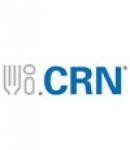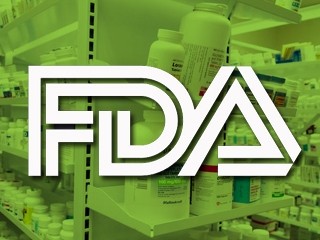CRN launches searchable database of FDA warning letters

A free online tool launched by CRN yesterday compiles recent letters into a searchable data base. The tool can help companies plan their strategies for achieving better regulatory compliance, said Steve Mister, president and CEO of CRN. The database can be used to evaluate FDA’s warning letter allegations of good manufacturing practices (GMPs) violations, products making impermissible claims, and products tainted with illegal ingredients.
The database is searchable by key criteria including: product name; company; ingredient; issue date; potential violations; regulations cited; FDA district office issuing the warning; or a combination of criteria. It includes almost 300 Warning Letters publicly released by FDA from January 2008 through August 2014, to companies that the agency claims have either violated dietary supplement GMPs, are illegally marketing a dietary supplement that contains undisclosed pharmaceutical ingredients or are making impermissible claims to prevent, treat, cure or mitigate a disease.
Mister said the tide of enforcement is rising, and the inrcreased number of inspections is enabling FDA to broaden the scope of what it is looking for.
“We are certainly seeing more and more warning letters for GMP violations. But what we are also seeing is that enforcing GMP violations is allowing FDA to find label violations. As long as they’re in teh plant they’ll review labels and might find think such as not having ingrdients listed in the right order, not having the company’s address and telephone number on the label and others,” Mister said.
Trends within the data
Mister said having all of the data in one place will allow CRN and others to look at trends within the data. What is FDA focusing on, and what are they finding?
“We have seen that the inspections give FDA the opportunity to ask questions that go beyond that particular manufacturer. How are they mananing their supply chain in terms of testing?” he said.
Those trends might also include indentifying regional trends within FDA itself. All inspectors are supposed to conduct their business in the same way, but there can be subtle differences depending on the region, Mister said.
“One of the things we want to look at is the kinds of violations that are found by regional offices. We want to look at whether particular offices are more interested in incoming ingredients and validating the upstream suppliers. Another district might be more interested in finished product testing,” Mister said.
The database will serve as a learning tool for companies, a way to benefit from the experiences of others, Mister said. It could even help save money when it comes to engaging legal counsel, because a company will have more of an idea what it wants going into that exchange and will know which questions to ask.
“I think it can save some time and money if you use it up front. If you are thinking about making a claim you haven’t made before it might be a good idea to do a search on that ingredient or claim to see what issues FDA might have with it,” Mister said.
“This is not going to be a substitute for having a legal department and legal advice but you can get the benefit of seeing where other companies have made mistakes,” he said.









